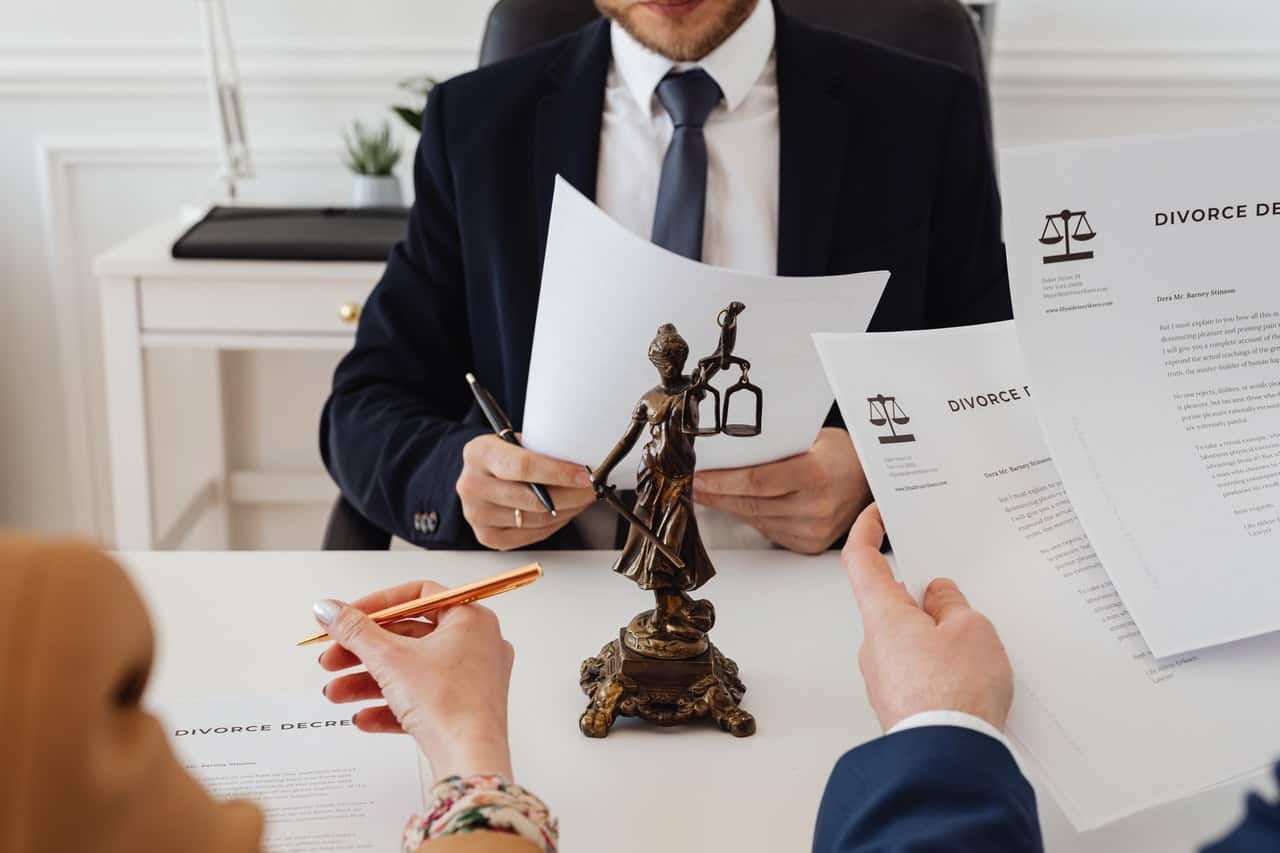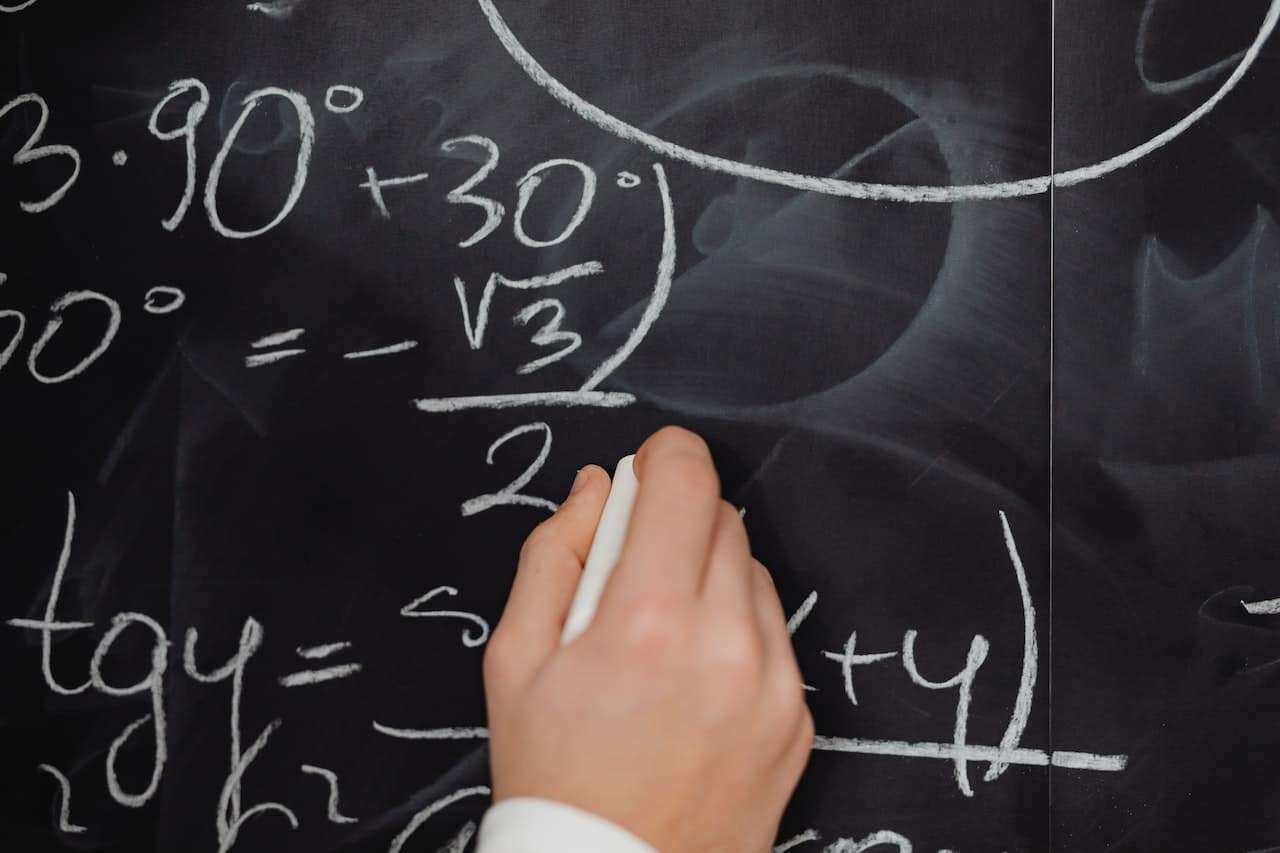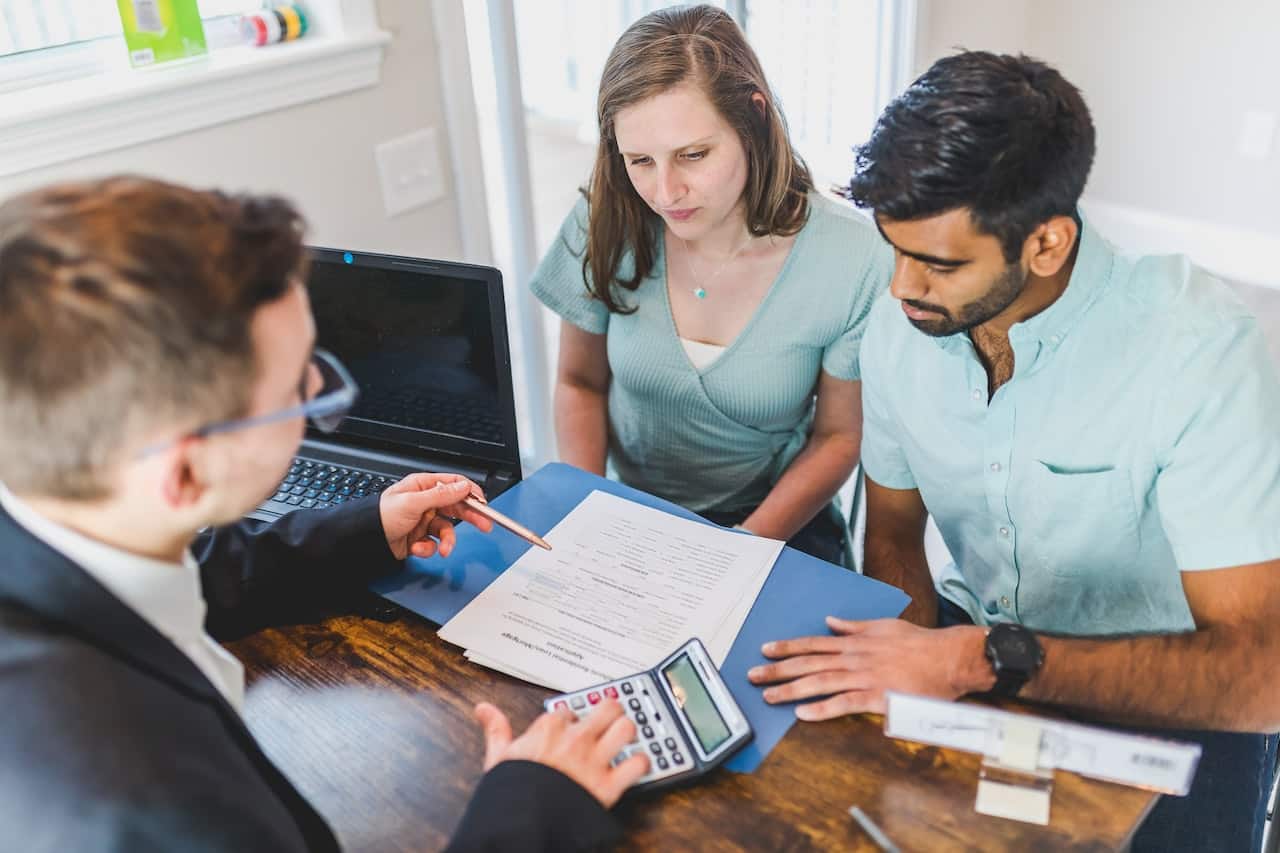Divorce is supposed to be a liberating end to a unhappy relationship, but this is not the case for everyone who has gone through divorce; instead, it has caused deep psychological distress that holds them down prevents them from moving forward with life.
According to mediate, The divorce rate in the United States is the highest in the world with fifty percent of marriages ending in divorce and sixty-seven percent of second marriages ending also in divorce.
Whether or not the recently ended relationship was unhappy, it will have an emotional and psychological impact on you, though the extent of that impact will vary depending on how hazardous or excellent the relationship was before it ended.
Divorce is one of the most prevalent challenges of life, in fact, according to the Holmes and Rahe Stress Scale, it is the second most stressful life event a person can face, death of a spouse being the first. Furthermore, a study found that divorced people are more likely to suffer from negative health difficulties than those who have a happy marriage.
As divorce has become more common, medical and therapeutic communities have begun to recognize its negative impact on psychological, emotional, and physical well-being, as well as the need for treatments specifically suited to persons who have recently divorced.
Emotional Impacts of Divorce on an Individual
Here is a list of the top five emotional effects that can occur after a divorce and how to deal with them.
Guilt
In general, guilt arises from the feeling that you didn’t keep a promise, didn’t keep your word, or overlooked a vital information that could have impacted the outcome. Guilt is frequently the outcome of feeling like you should have done more or that you did something that harmed the relationship, cheating at work for example or not being appreciative enough thereby causing the divorce.

Guilt is not limited to the initiator and while the divorce initiator may feel terrible for injuring their ex-partner and begin to second-guess their actions after the divorce, the non-initiator may also feel sorry for things they did wrong in the relationship and how they may have done better.
Dealing With Guilt After Divorce – How to Fix
- Allowing your emotions to be expressed verbally
- Accept that you made a mistake.
- Keep in mind that you are only human.
- Forgive yourself.
- Accept that you cannot alter the past.
- However, you can avoid making the same error in the future.
- Schedule an appointment with a divorce therapist.
Regret
Even if filing for divorce is the right thing to do in that situation, the initiator may still regret their actions, even if they try to suppress the emotion; however, the non initiator may also regret what they did and left undone and the little signs they are losing their partner which they didn’t pay attention to causing the relationship to fail.
According to Katie Crow, eighty percent of those who divorce regret their decision in some way. This regret can range from regretting why you chose them as a partner in the first place to regretting why you didn’t see the red flags early enough but still committed to them.
Whatever the source of your regret, it’s critical to figure out what’s causing it and whether it has anything to do with your ex-partner or the divorce process in general. You can start working with your divorce experience once you’ve been able to figure out the cause.
How to Fix Regret After Divorce
- Stop condemning yourself based on something you did wrong or didn’t do in the past because you don’t know if any one action was guaranteed to occur, and you can’t change the past.
- Direct your regret energy into things you can control.
- When you have a regretful thought, stand up and do something small right now to improve your future.
- Instead of expressing “I wish,” say “I will,” as in “I will read two pages by 12:00am today,” rather than “I wish I had read two pages yesterday.”
- Keep your focus on the present moment rather than the past, and think on what you can do right here and right now.
- Be thankful for what you still have.
Fear and Anxiety
When a relationship ends, a sense of uncertainty can wash away many of the feelings, generating a fear of being alone that has never been felt before. When a long-term relationship comes to an end, doubts about the future surface, causing self-doubt in decision-making.
How to Deal with Fear and Anxiety after Divorce
- Remind yourself that a marriage’s dissolution is down to the relationship’s dysfunction.
- Stop allowing events that are yet to occur or events from your past to cause anxiety in the present. This keeps you locked and prevents you from growing and thriving.
- Find out why you’re afraid and face it full on, doing whatever it takes to conquer it.
- Consume motivating materials
- Adopt a hopeful outlook on the future
- You can also use nature as a therapist to overcome fear and anxiety according to reallifecounseling
Shame
Because marriage is viewed as a lifetime commitment, shame is one of the most common feelings experienced by those who have divorced due to their inability to maintain their marriage. After a divorce, shame may develop as a result of how you’re perceived in society, and if the other person is doing better or got married faster, the issue of being shamed may increase.
Dealing with Shame after Divorce
- Improve your appearance.
- Keep yourself in high regard.
- Change your location temporarily
- Allow yourself to heal.
- Distinguish who you are from what you’ve done or what has occurred.
- Seek professional assistance.
Depression
After a divorce, depression will almost certainly strike; the severity of it will depend on your previous interactions with your ex. It may manifest itself in the form of difficulty concentrating at work or relating to others, including family and friends.

Dealing with Depression after a Divorce
- Increase time spent outdoors.
- Spend time with your friends.
- Sleep in due time
- Eat healthy and balanced diet
- Admire the lovely stuff and sceneries.
- Exercise being mindful and aware of the present to avoid ruminating on the bad past.
- Extend someone a helpful hand.
In Conclusion
Take emotional and physical care of yourself. Take care of yourself and your body. Take time to exercise, eat well, and unwind. Maintain as much of your daily routine as feasible. Try to avoid making significant life decisions or adjustments. Don’t use drink, drugs, or cigarettes to cope; they’ll just make things worse.
Take the time to re-visit your passions. Reconnect with your interests outside of your marriage, move forward with realistic expectation and be adaptable, most importantly; explore the beauty of living by meeting new people and don’t be scared to ask them for help when you need it.
Sharing your emotions with friends and family will assist you in getting over the situation. Consider attending physical and virtual meetings or even online relationship forums where you may let out your burdens in discussion with to people who have gone through similar experiences
Allow yourself to unwind and function at a lower-than-ideal level for a while. For a while, you may not be able to be as productive at work or care for others as you used to, which is understandable given your current situation. Take some time to heal, refocus, and re-energize in order to improve on the next phase of life.
Life will get back to normal and everything will be fine again, sending regards from Fieracad.






